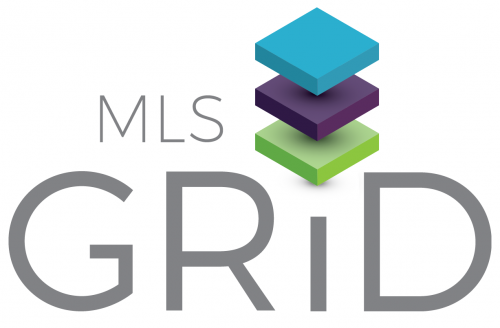
A home modification is a specific type of remodel or renovation meant to help increase accessibility and safety in your home. There are many types of home modifications including addition of ramps, elevators and handrails.
Here are some more facts about home modifications to help you understand the basics:
What is home modification?
Home modifications are made for individuals with disabilities to meet specific requirements under the Americans With Disabilities Act, or ADA.
While ADA regulations primarily apply to businesses and public properties, home modification helps elders and people with disabilities live independently or in safe conditions.
How a home modification works
The scope and cost of a home modification depends on the individual property and resident's needs. For example, you could install safety bars on the walls in the bathroom for a few hundred dollars over thousands installing a wheelchair accessible shower.
Depending on the size of the project, financing options are available.
The American Housing and Home Remodeling Association is the largest resource in the country offering education, training, courses and support. You may also be able to obtain a special renovation loan to cover the expense of your changes.
Evaluating your needs
Before any home improvement changes, consider all of your needs room by room. Some changes are simple, like adjusting the height of furniture and shelving.
However, if you have an older home with narrow doorways and stairwells, making them accessible is a much larger project to plan for.
Budgeting for home modifications
A clear understanding of your particular accessibility needs will be the best place to begin when budgeting for home modifications. To get started, you can consult the ADA's official guidelines for accessible design.
Once you have an idea of the cost associated with your project, contact a professional contractor for a quote.

Some contractors may offer reduced rates for qualifying elders and people with disabilities. You can also apply for a home renovation assistance loan through various lenders to fund your improvements.
About the Author

